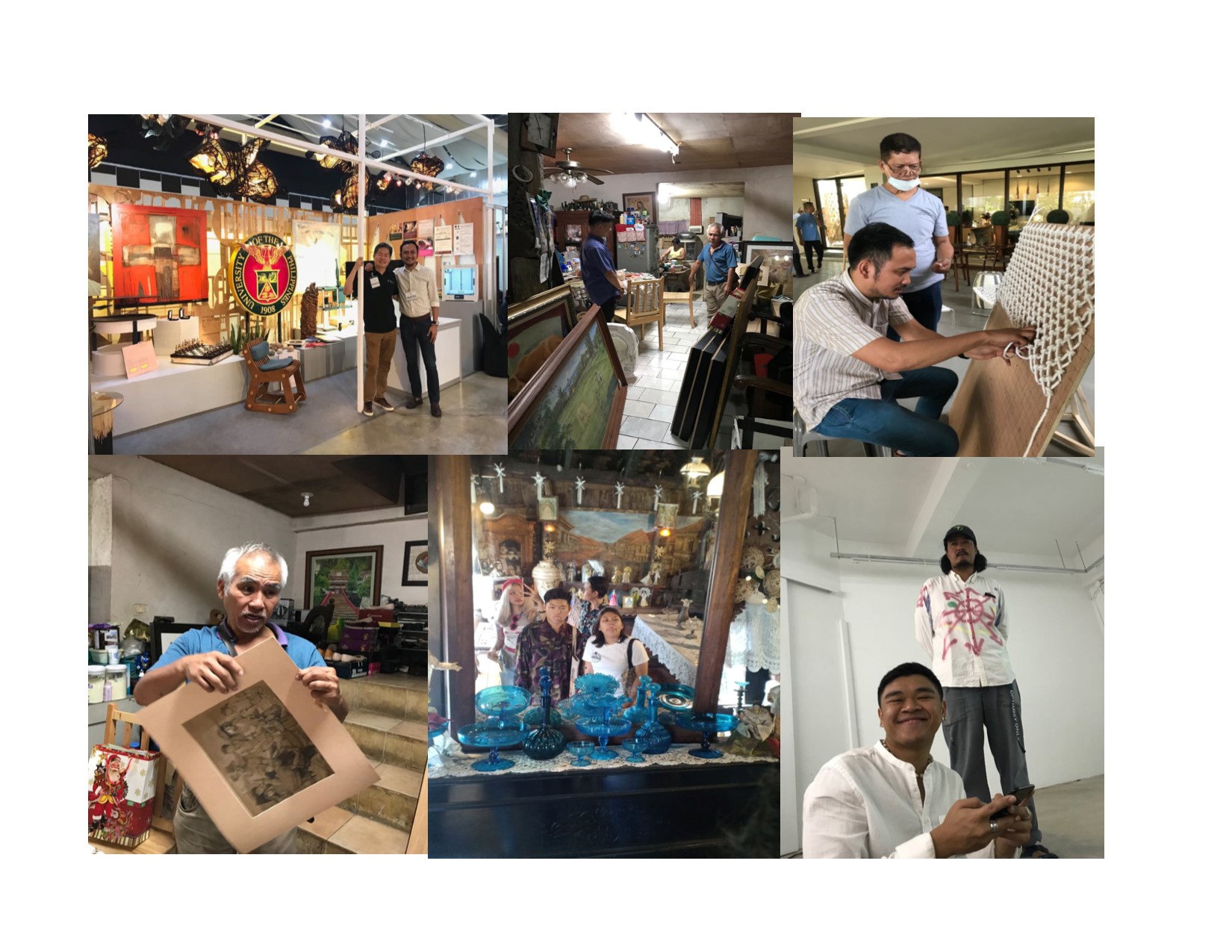
Rationale:
In an age characterized by volatility, uncertainty, complexity, and ambiguity (VUCA), we need a research and extension agenda that aims for resilience, optimism, and sustainability. CREATES, UP Cebu’s integrated research and extension agenda, is targeted towards achieving resilience and sustainability in the Central Visayas.
CREATES is an acronym that encapsulates the thrusts, niches, and disciplines that can be found in UP Cebu; thus, it is inclusive yet distinctive of UP Cebu’s strengths, goals, and vision-mission. It also reflects the tagline of UP Cebu, which is “Nurtured to create, inspired to innovate, destined to serve”. It is in line with UP Cebu’s vision which is to be a lead university in pioneering research, creative design, ICT-driven innovation, responsible governance, and community service.
The conditions, realities, and common threats we face in the present times such as climate change, natural and man-made disasters, terrorism, the threat of a nuclear war, political repression, pollution, capitalistic expansion at the expense of the environment, etc., call for collaborative or multidisciplinary research endeavors with the end view of not only contributing to knowledge in our respective fields but more importantly, in being able to disseminate and make use of this knowledge to attain resilience and sustainability in both our urban and rural communities. Thus, our integrated research and extension agenda highly encourages multidisciplinary studies and the integration of research with teaching and extension services.
Note: Applications for research and extension funding should align their research/creative work and extension project proposals along the components of the UP Cebu integrated research and extension agenda. Those that are aligned to this agenda have the priority of being funded, whereas those that lie outside it are less prioritized.
CREATES at a glance means:
C – Creativity and the Humanities
R – Resilient and Sustainable Communities
E – Emerging patterns and trends in natural and man-made systems
A – Advocacies for the Common Good
T – Technological Innovations
E – Educational Research and Innovations
S – Service to the Community
*The areas of discipline under each letter of the acronym of the agenda are listed below:
Creativity and the Humanities speaks about being human who is endowed with creative talents and skills, with affections and a human spirit which cannot be replaced by artificial intelligence. Disciplines under this category include the arts, culture, design, communication, and creative industries. Creative industries refer to Advertising, Art Markets, Craft, Fashion, Video, Film and Photography, Interactive Games, Music, Public Arts, Publishing and Printing, Computer Services and Software, and Television & Radio (broadcasting).
Resilient and sustainable communities are engendered by research and extension works in the fields of political science, psychology, development communication, management, economics, responsible corporate governance, entrepreneurship, socio-ecological systems, health and food security, and disaster risk management.
Emerging patterns and trends in natural and man-made systems cover researches that look into spatial and temporal changes in different natural and man-made systems, which can include studies that intend to model such patterns and trends
Advocacies for the common good include good governance, media literacy, financial literacy, social entrepreneurship, women empowerment, gender equality, children’s rights, human rights, indigenous peoples’ rights, poverty alleviation, peace building, social marketing for the social good, physical and mental health.
Technological innovations can spring from the different fields of study undertaken in the constituent university if the aim of the research is to produce a technology that can be applied for the betterment of lives, of environmental conditions, of the community, and of the world as a whole. Such technological innovations may be in the fields of governance, business, education, communication, physics, environmental science, product design, etc. – to be used for example in disaster risk management, climate change adaptation or mitigation, crime rate reduction, solving the transportation problems, and more.
Educational Research and Innovations are researches that aim to improve teaching, learning, instructional materials, pedagogy, teaching methods, and teaching effectiveness taking into consideration the issues and context at present such as multiculturalism, cybertechnology, sustainability, climate change, and terrorism.
Service to the community includes service industries, service learning, Pahinungod, and all extension projects where UP faculty and students render service to the community.
